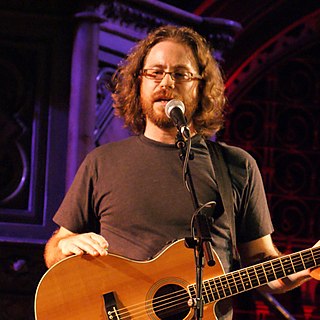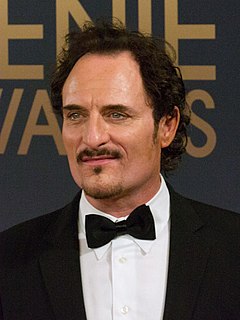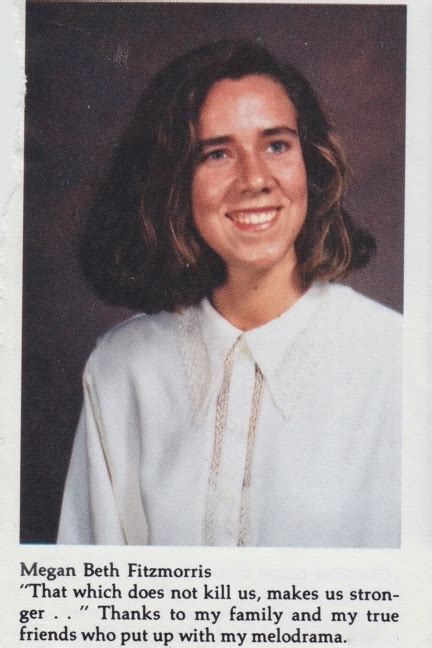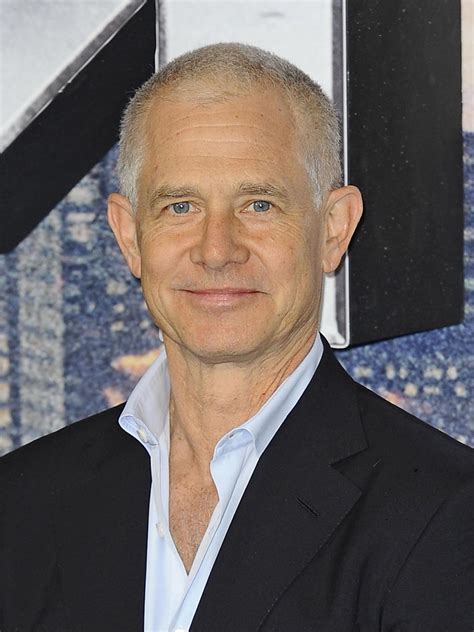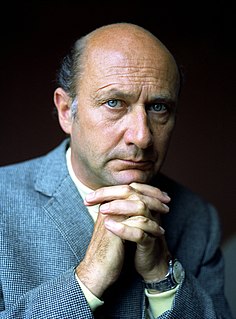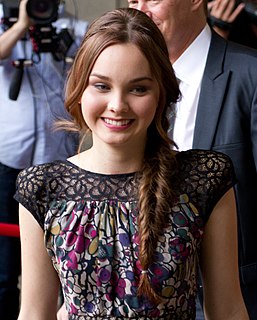A Quote by Samuel L. Jackson
I tend to play characters that I can infuse with certain kinds of humour. Even the baddest guy can be funny in his own particular way. I want the audience to engage with the character on some deeper level so that they leave the cinema still thinking about him.
Related Quotes
If you test Iron Man and that audience doesn't respond well, you can be damn sure that there is something wrong with the movie that you have to address. Because they're expecting a certain amount of action, right? They want a hero. There are certain things that have to be compatible with the way the audience is thinking about it. If you take some other film, like No Country for Old Men, you can end up with all kinds of crazy reactions.
You can make a film in a way that, when the audience leaves the theater, they leave with certain answers in their head. But when you leave them with answers, you interrupt the process of thinking. If, instead, you raise questions about the themes and the story, this means that the audience is on its way to start thinking.
I very easily decide in certain situations that I'm an outsider. That's just my own craziness. I think that I have sympathy for those characters who are like that, but I love it when the humor comes from a character who is serious about his situation - only the way he's thinking about it is all wrong, or the ways he's solving his problems are never going to work.
It's not like I don't want to play the guy next door. But sometimes they're not the best written or the most complicated. But I am very, very particular about my bad boys. There are certain types of characters I will not play. I've said no so many times to so many parts that are just way too dark. You have to be careful.
And now, as I'm lying alone in my own bed, I keep thinking about writhing against him last night, naked and vulnerable. Even after we'd both risen and fallen, peaked and plummeted, even after Marcus was physically shrinking from inside me, I couldn't stop clutching, crying, trying. Trying to pull him deeper, deeper, deeper within. Trying to make him more a part of me than I am myself.
I think you do have to attend to the sort of core values of film, which is that the audience wants to have a relationship with the characters, they want to understand what's going on there. There are certain things that comics can have a little bit more freedom in then when you're asking an audience to engage in it as a piece of cinema, but I do feel like the canvas is much bigger and wider and that we're being invited and frankly challenged to take risks, to be a little bit different. And that's fun, that's exciting.
I still had the same frustration with trying to play [Edward Cullen], the entire way through, right up until the last shot. It's a strange part because, on the one hand, a lot of the audience projects their idea of Edward[Cullen] onto him. It doesn't matter what he is. They want him to be a certain way. And then, my instincts were to try and play it and to try to find the fallibility in him and the weaknesses.
I always want the audience to identify with my character in some way. I mean, sometimes you'll get characters that aren't very identifiable. Sometimes you can't relate to your character at all. I think it's important to keep the audience interested. But the best advice that I've gotten is to live in the moment.
I never really approach any project or story thinking of themes first or what a certain character 'represents.' Maybe other writers do, but for me, it just starts with the characters and a certain emotion I want to convey. It usually isn't until I get deeper into a book and look back a bit that I start to see the themes, etc.
With a book, you're guaranteed the audience has a certain skill level and that the audience has to make an ongoing effort to consume this product and that the project is being consumed by just one person at a time. I really want to play to that strength because it's one of the few advantages books still have.



